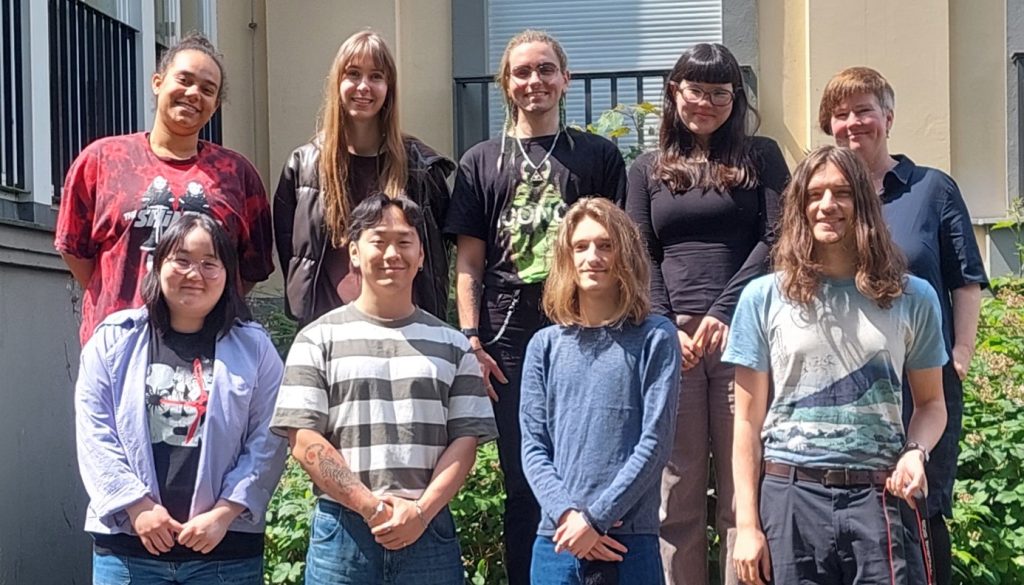by Cosmo H.
As Professor Reiher’s methods course “Berlin’s Japanese Foodscape” was open to Bachelor students this semester, we had the opportunity to participate in the annual interviews with students from Seikei University. In the interviews we talked about our interview partners’ perception of Japanese food both in- and outside Japan and various aspects of Japanese cuisine that we only had limited knowledge of. This provided us with valuable insights into their perception of Japanese food and, to an extent, how German food is perceived in Japan.
As we had discussed questions in advance, we had a general sense of direction for the interview. The interview itself went smoothly, with only minor delays in our connection with Tokyo. Previous interview experience proved beneficial, as we tried to make our interview partner feel comfortable and willing to speak freely. We doubled our initial six broad questions over the course of the interview, gaining insights into our interview partner’s daily food routines and learned how his upbringing in northern Japan shaped his perception of a traditional Japanese breakfast. As our interview partner was affected by the travel ban inflicted upon Japanese students in light of the Covid-19 pandemic right before he wanted to study abroad, we could not talk so much about how Japanese food outside Japan differs from Japanese food in Japan. But instead, we discussed about his perception of European food across different regions.
Our main takeaway for future online interviews is to always let the speaker finish their thoughts, especially in a group setting. There were multiple instances where everyone wanted to get a word in on the subject in question, resulting in somewhat awkward moments. We were fortunate to have such a cooperative interview partner, but definitely will not take this for granted and recognize our need for improvement in this area. Finally, we would like to thank both Professor Reiher and Professor Kawamura for granting us this opportunity, as well as our interview partner for agreeing to participate. This course provided us with valuable insights into research methods that we would typically only encounter later in our studies. We hope more students can benefit from such classes in the future.
* Cosmo H. is a student in FU Berlin’s Japanese Studies BA program

